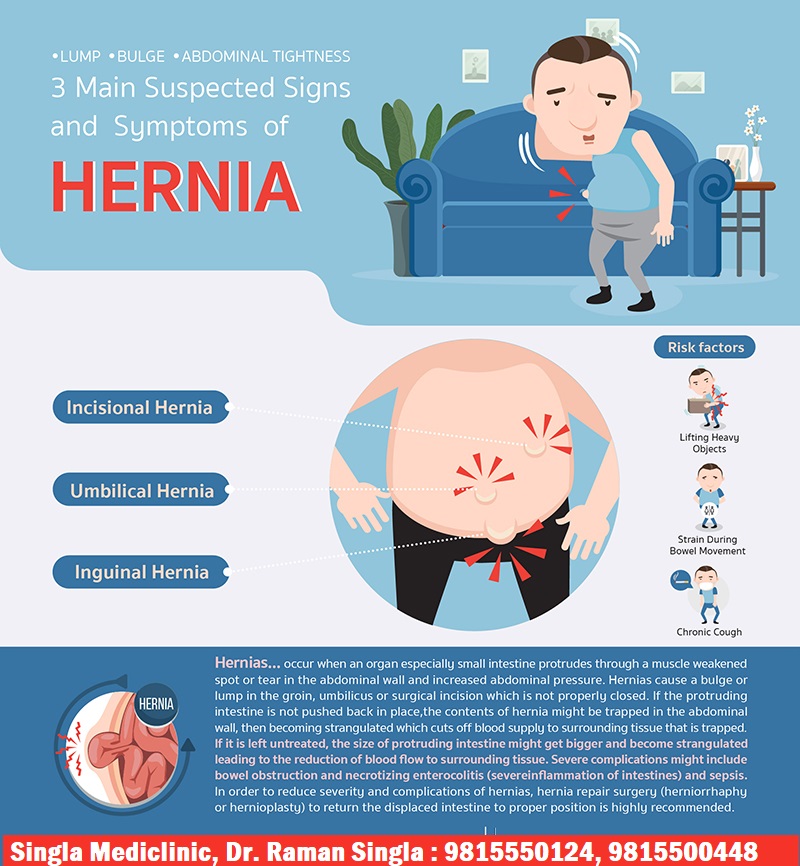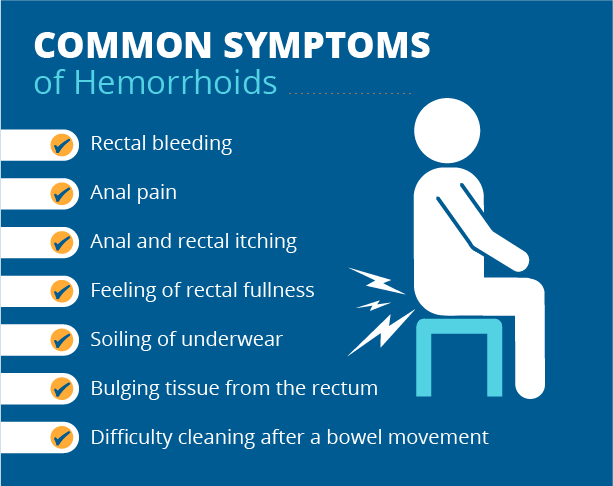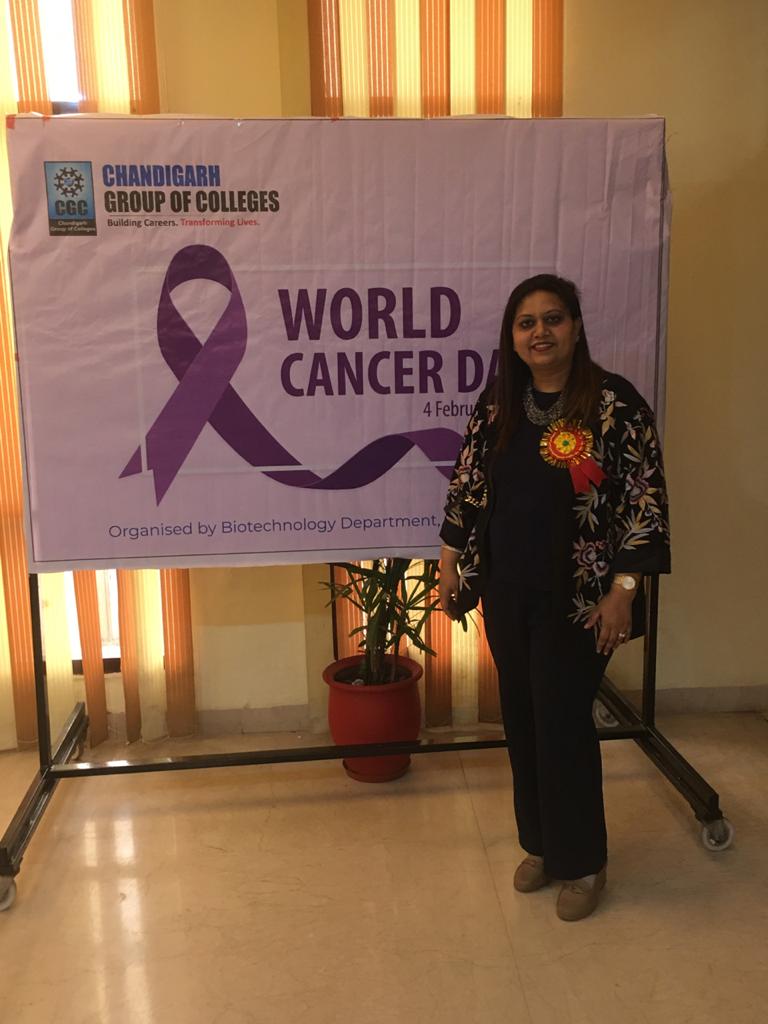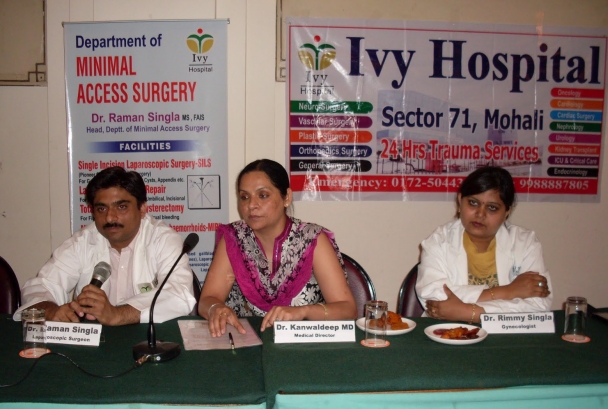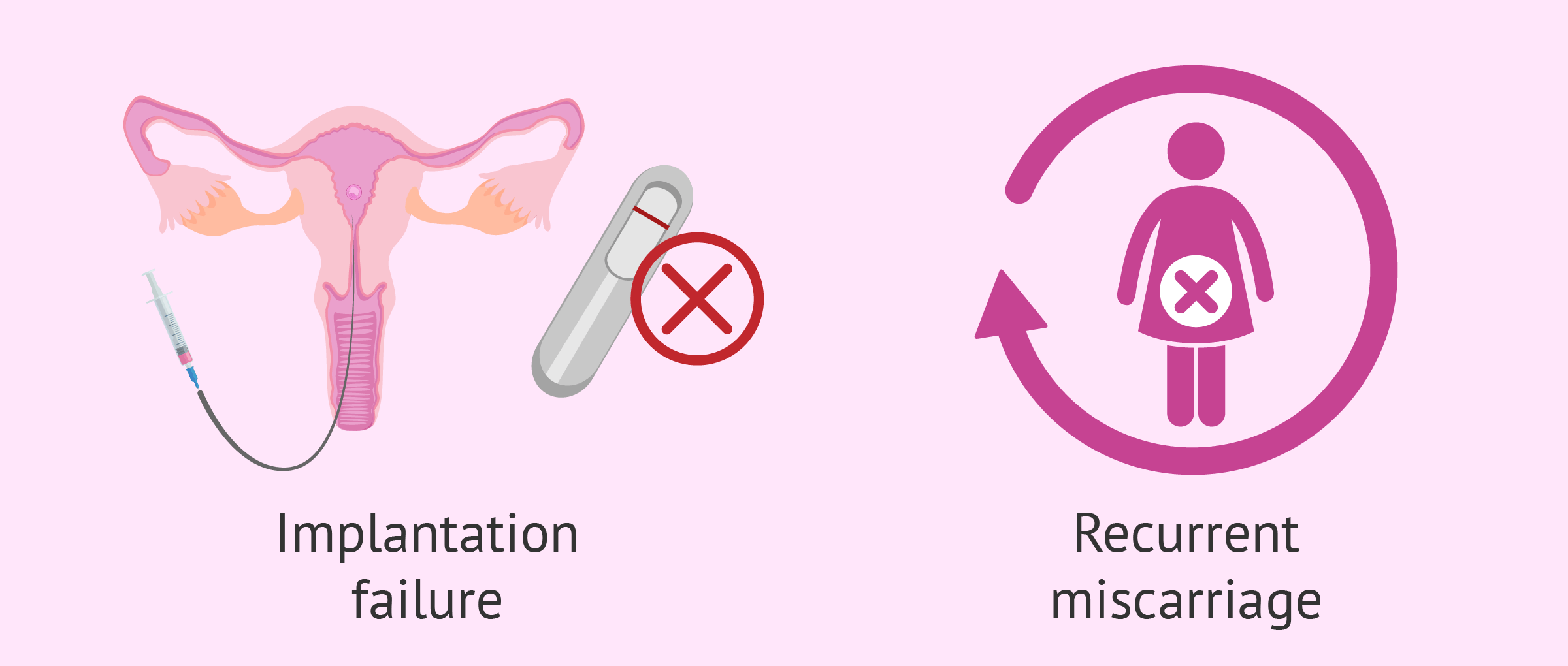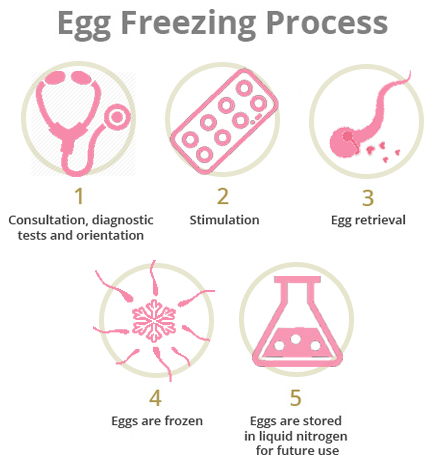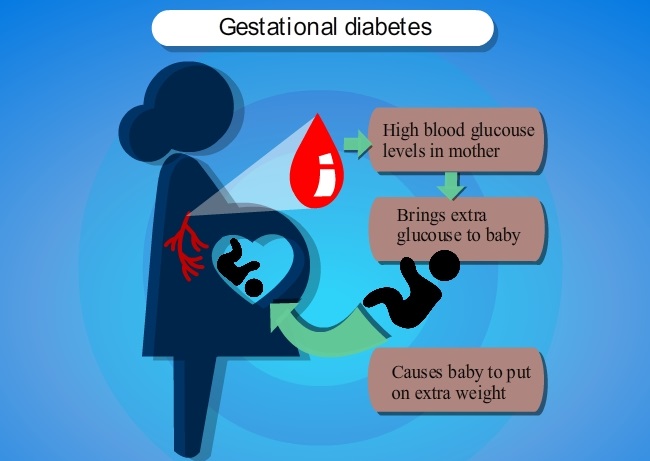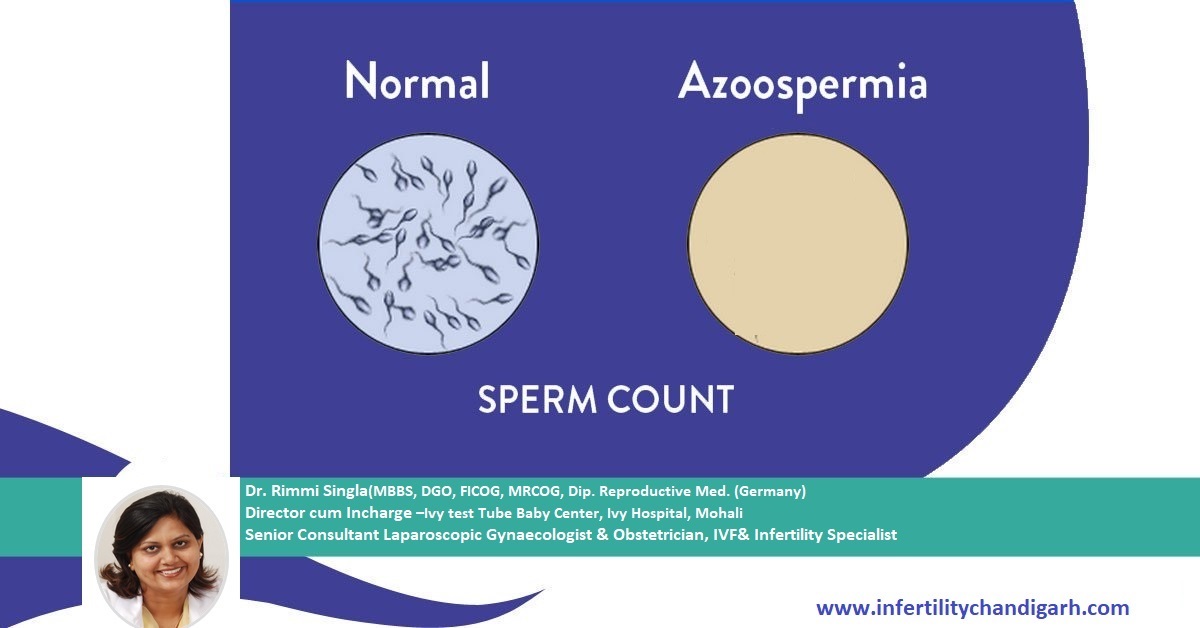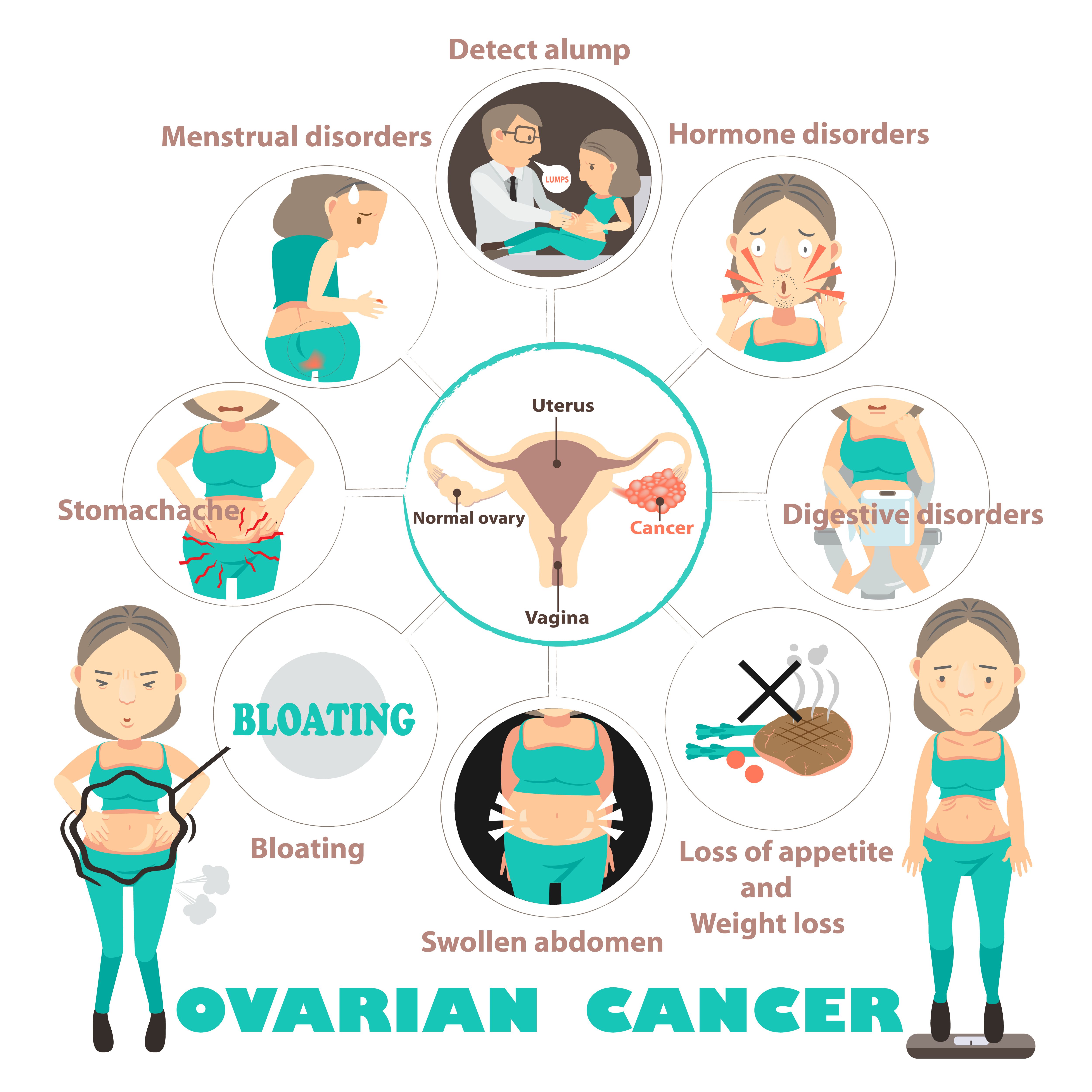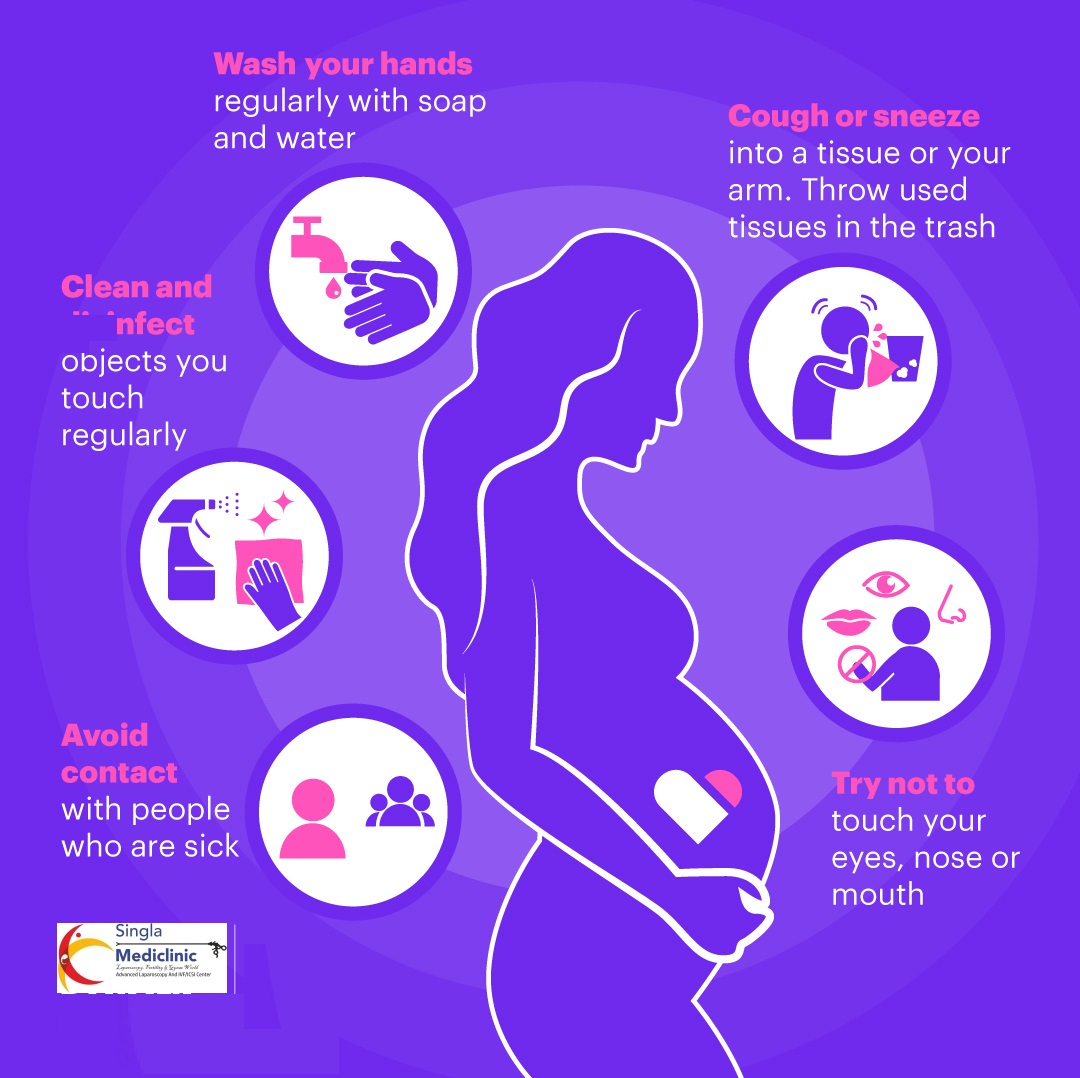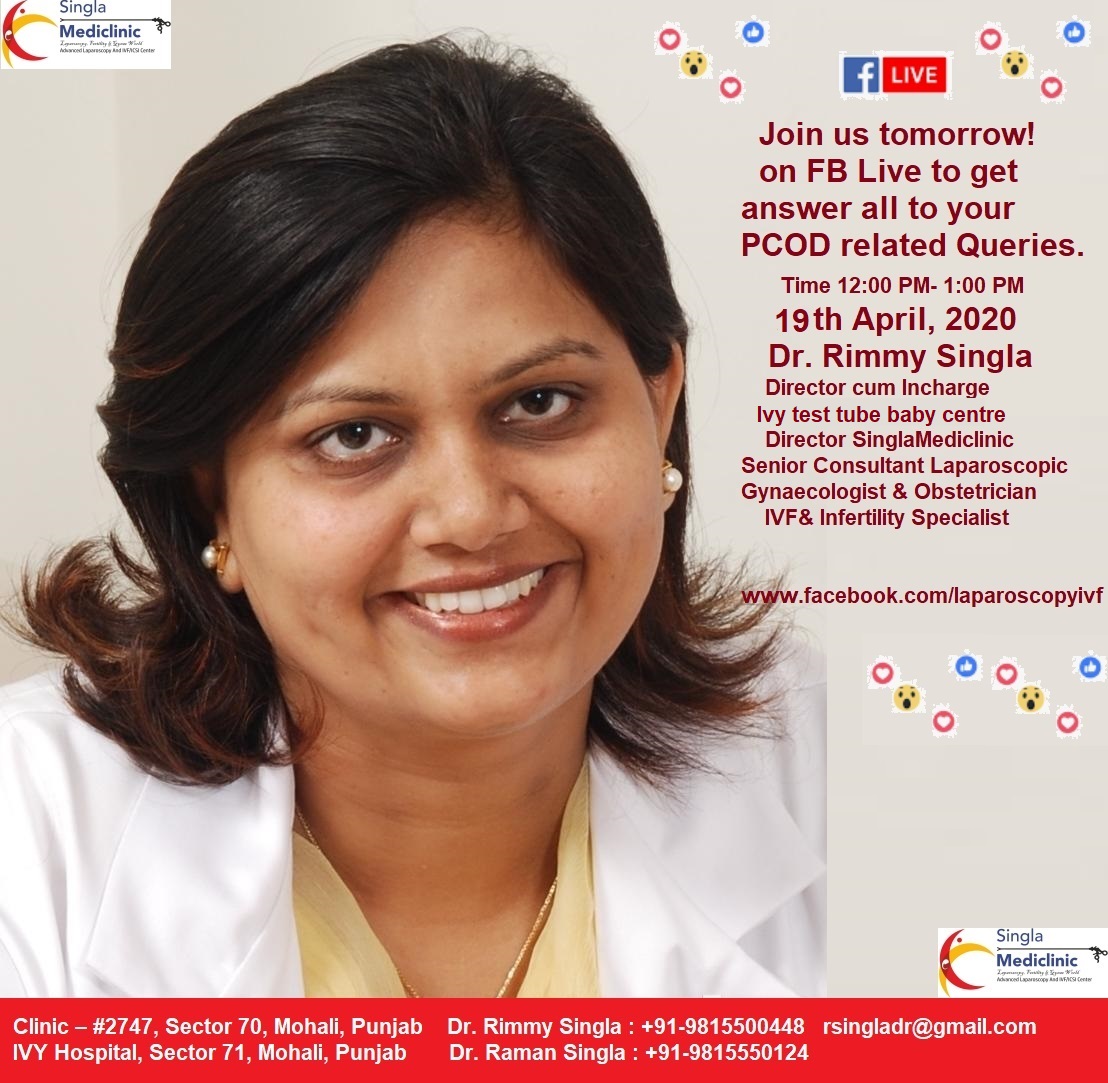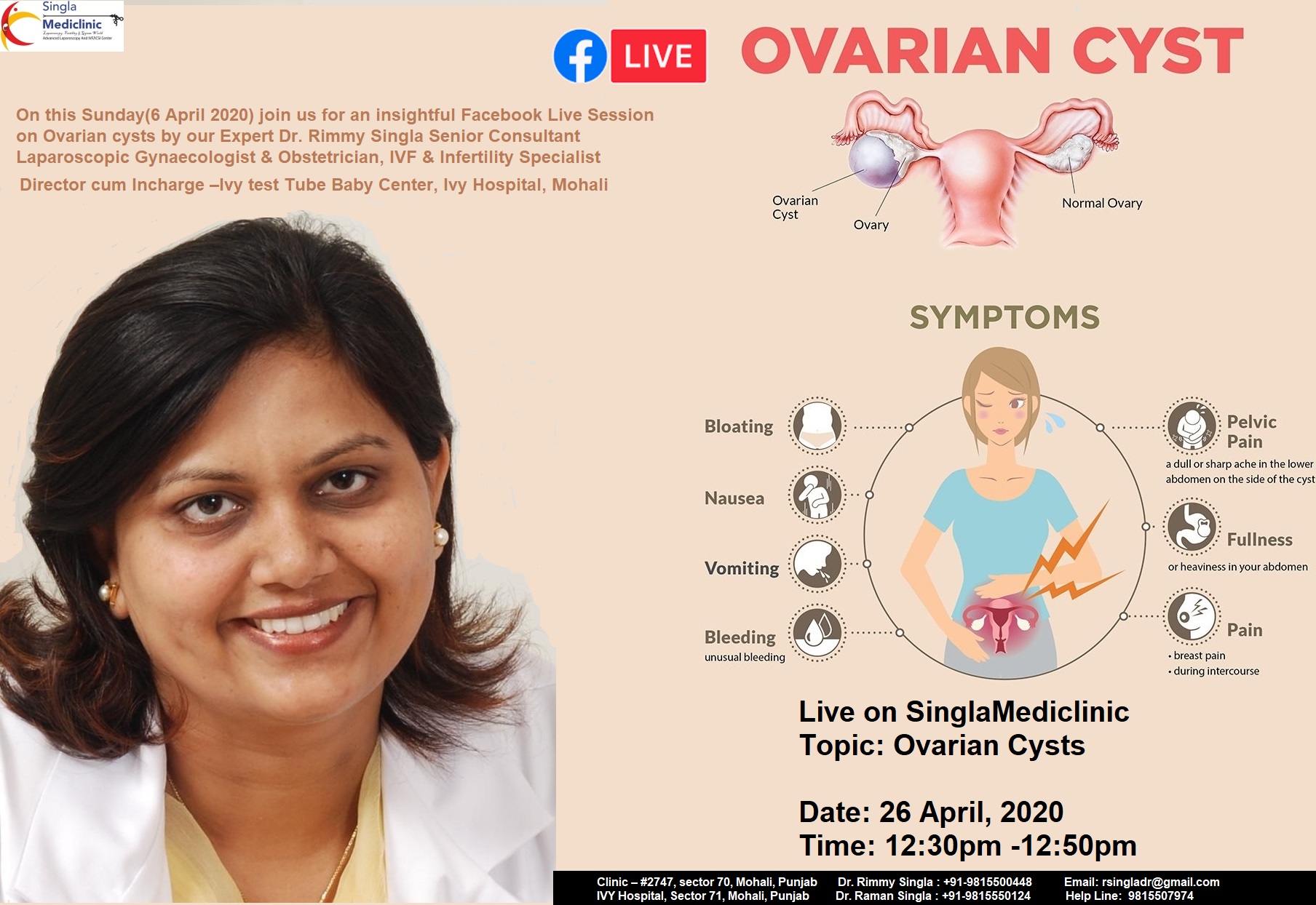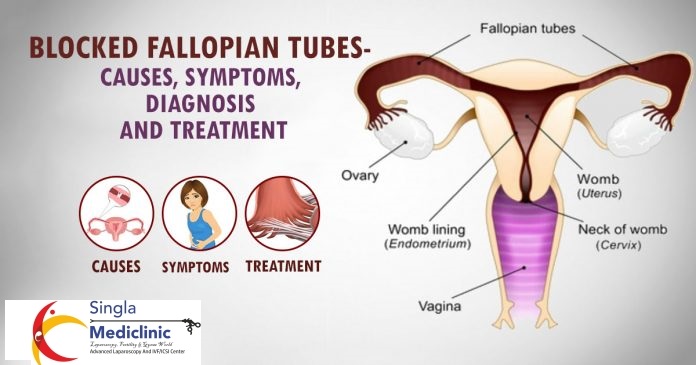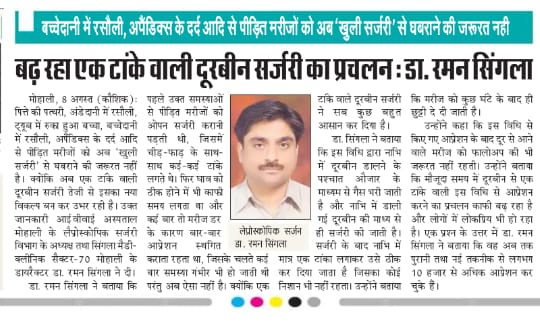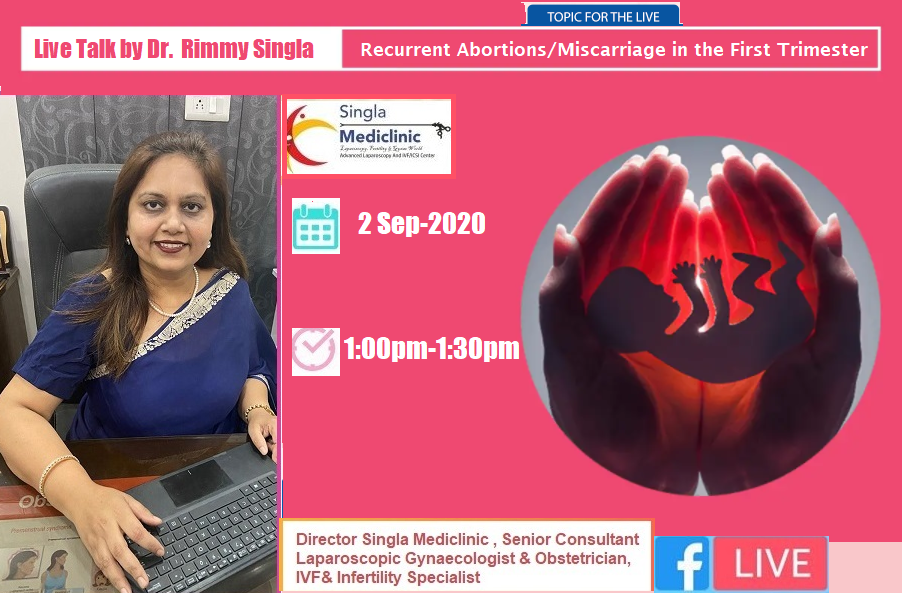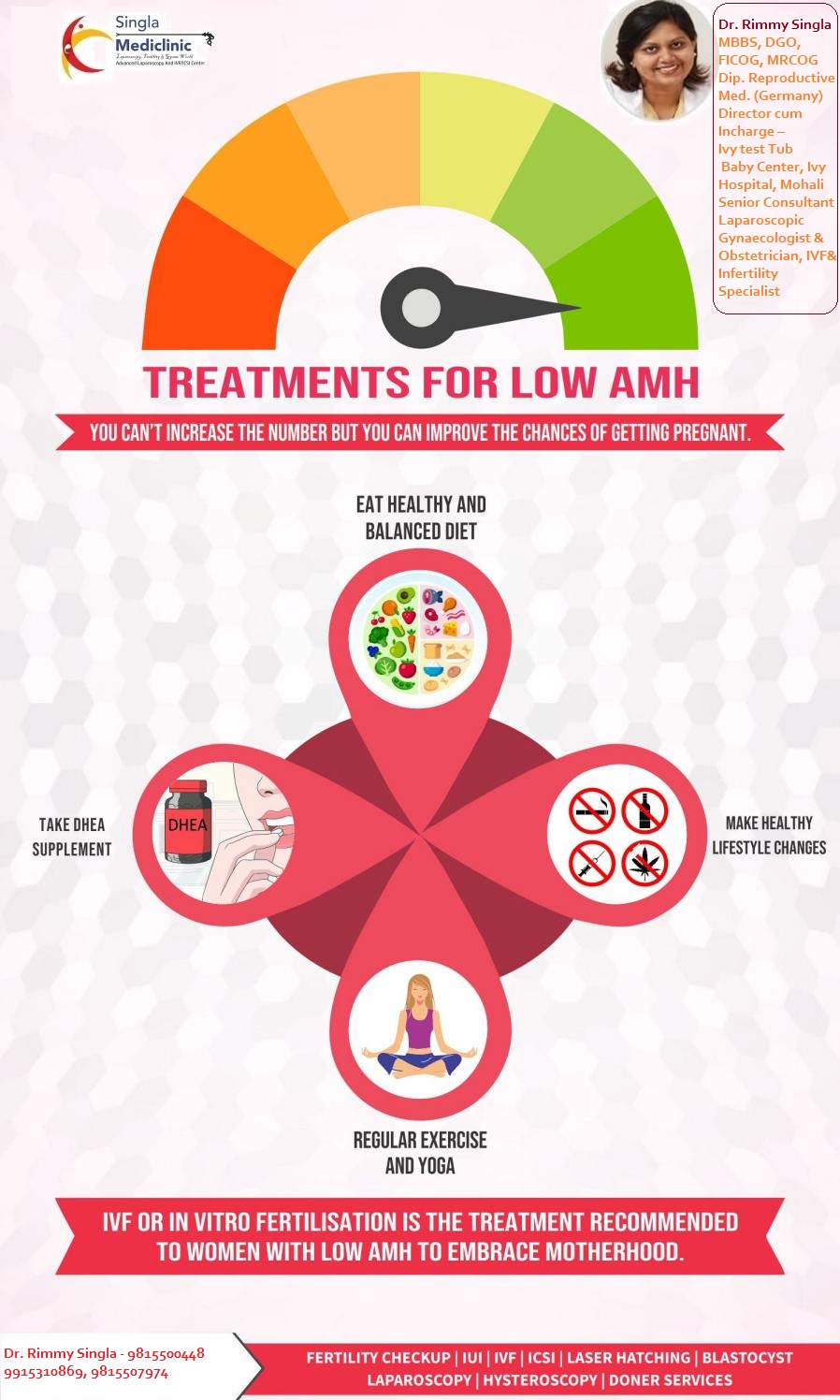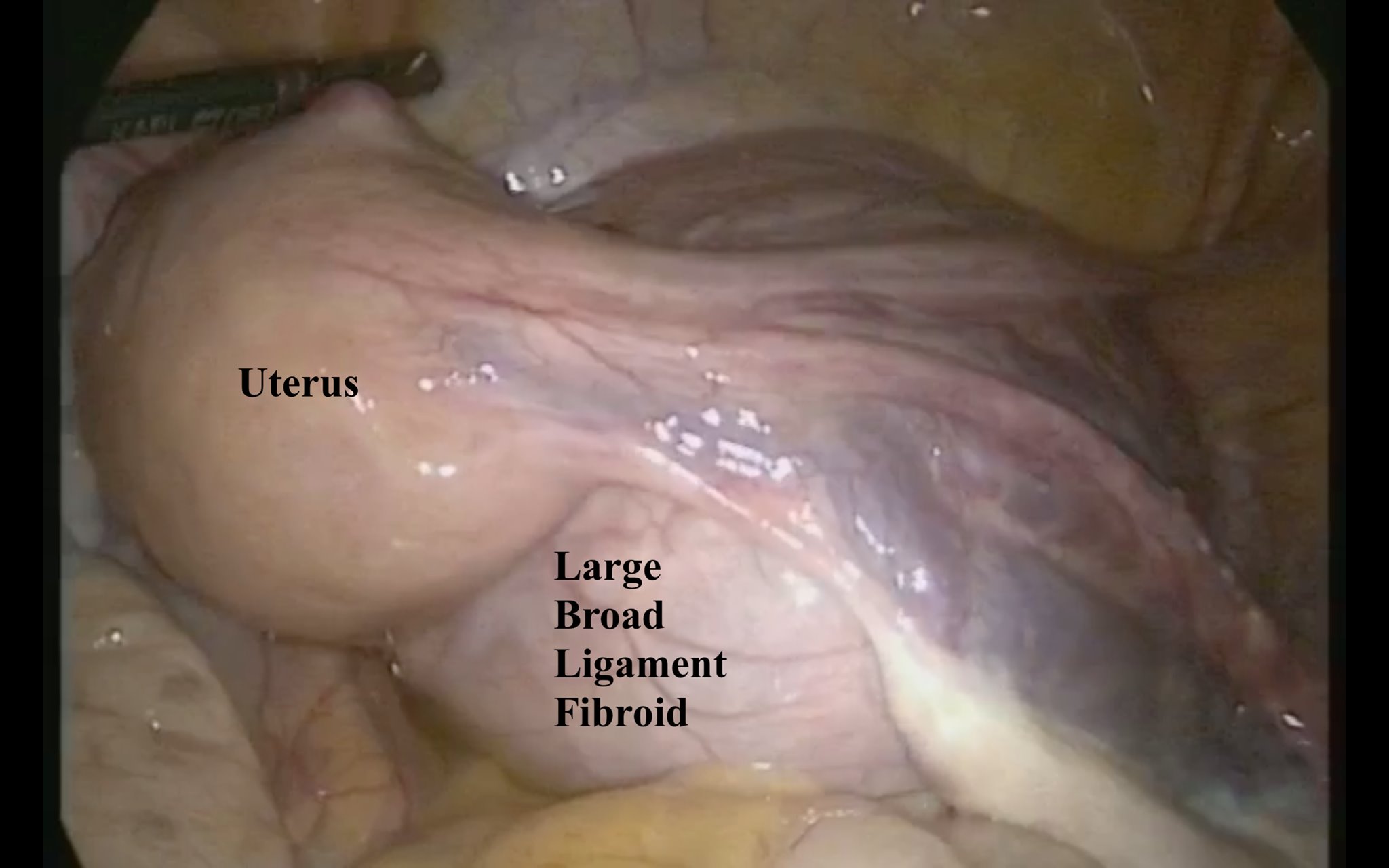From time to time women are their own worst enemy. They are so used to taking care of everyone else, that they occasionally fail to take care of themselves. Whenever they don’t feel good, they often moderate it or encounter it off to excuses like not getting sufficient sleep or just getting old.
Women need to be self-assured about their own well-being. If indicators persist and aren’t getting improved after two weeks or so, it is worth making an appointment with your gynecologist/specialist to get it checked out. It’s worth the peace of mind.
The following are common cancer symptoms that need doctor’s visit. And remember, these symptoms don’t always mean cancer. They could symptoms some other type of benign problems.
 Weight loss or gain
Weight loss or gain
Unintended weight loss or loss of appetite could be a sign of stomach or pancreatic cancer. And the same goes for putting on extra weight. If you have not changed your eating ways, but remain to gain weight over several months, this could be a signal of extra fluid in the abdomen, which is common with ovarian cancer.
Change in bowel habits
If you are feeling tired, your stools are darker or narrower, or your bowel habits change to diarrhea or constipation, consult with your doctor, it could signal colorectal cancer.
Breast changes
A change in the feel of your skin, color, puckering or changes in your nipple could be a sign of breast cancer. An mysterious lump, and any milky or bloody discharge should also be evaluated.
Skin changes
A mole that variations in size, color or shape should be evaluated for skin cancer as well as any small, scaly patches on your skin.
Changes in lymph nodes
If you feel a hard, rubbery-like lymph in your neck, groin or underarm, consult with your doctor. Colds can sometimes reason your lymph nodes to swell, but the lump should go away in a week or two after the infection fixed.
Bloating
In most cases, occasional bloating is likely to be benign. But if you have bloating that persists for a week or two, get it checked out. Bloating joint with other signs like getting full quickly, changing bowel or bladder habits and/or low back or pelvic pain, could be a sign of ovarian cancer.
Postmenopausal bleeding
Any type of postmenopausal bleeding should be investigated immediately. It could be something as benign as an endometrial polyp or something more serious like cervical cancer says Dr. Rimmy Singla(IVF specialist & Gynaecologist)
Rectal bleeding
Blood from the rectum could be caused by hemorrhoids. This usually appears as a small amount of staining on the tissue paper. If hemorrhoids are ruled out, a visit to your doctor and a colonoscopy may be in order says Dr. Raman Singla(Laparoscopic Surgeon & haemorrhoids specialist)
Persistent cough
A persistent cough that doesn’t go away after two or three weeks and is not related to allergies or a cold, should be checked out by your doctor. Coughing up blood or vomiting blood should prompt an immediate assessment.
Discharge
While a foul-smelling vaginal release could be caused by a urinary tract or vaginal infection, it could also be a sign of cervical cancer. If discharge might be also comprised with blood and occur between periods and after menopause.
Be conscious about your body and stay on top of your regular tests and screening tests like Pap smears, mammograms and colonoscopies. Sometimes the best screening tests can sometimes slip early cancer. Follow your gut. If it doesn’t feel right, consult the specialist.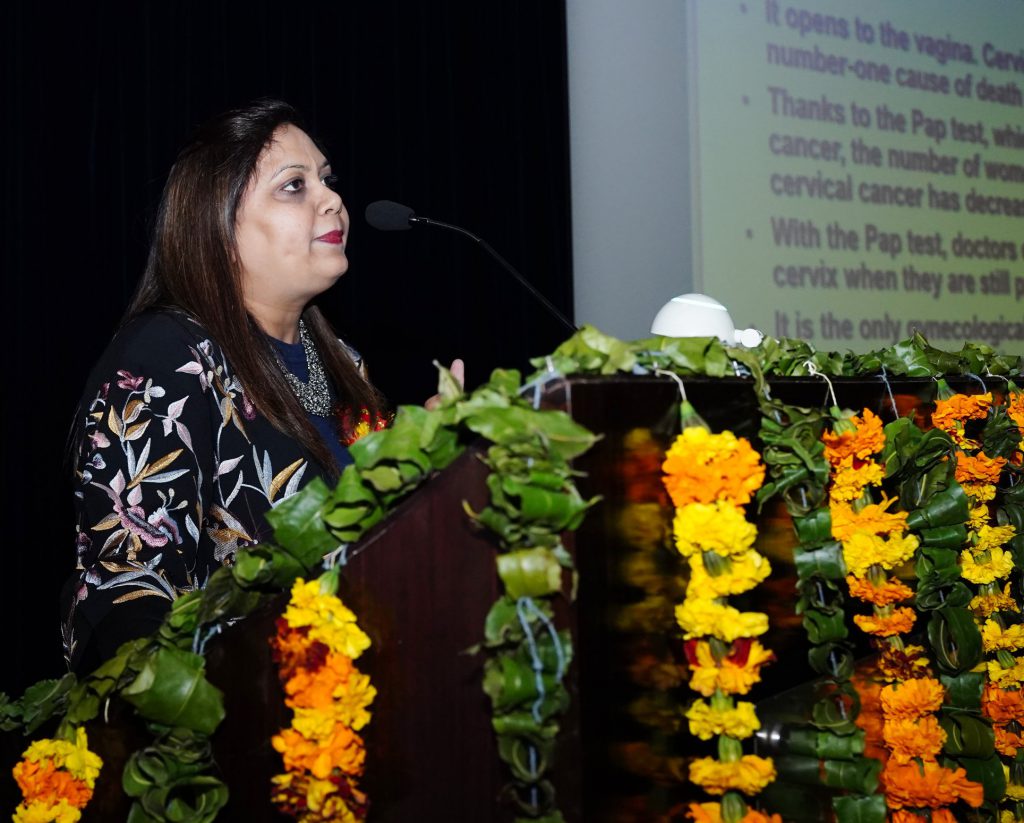
Department of Biotechnology hosted WorldCancerDay event at the CGC Landran campus. Dr. Rimmy Singla(Director Singla Mediclinic) Attended the event at CGC Landran and health awareness talk was delivered about cervical cancer and suggests timely detection is key to the treatment of Cancer.

 9815500448
9815500448 
